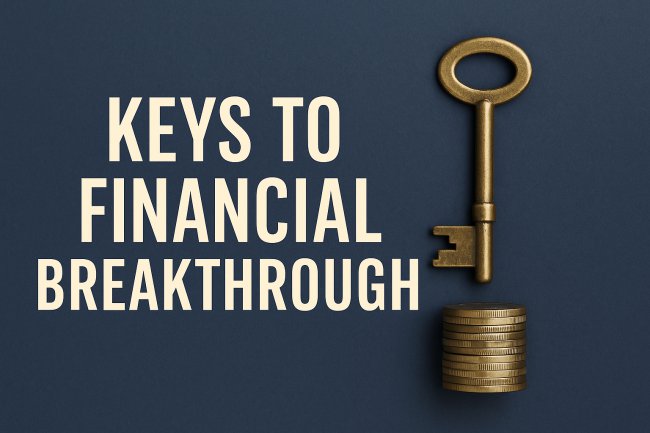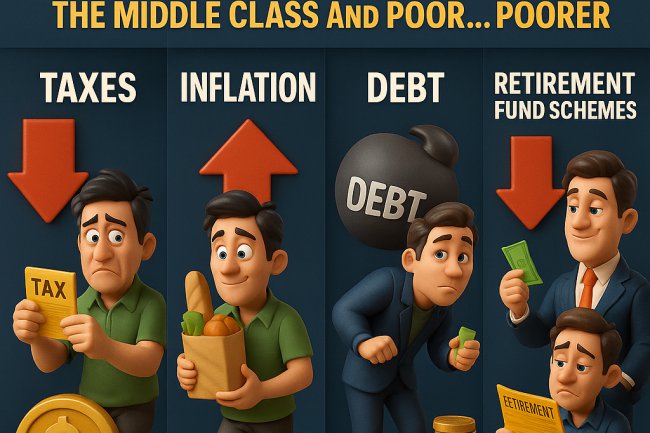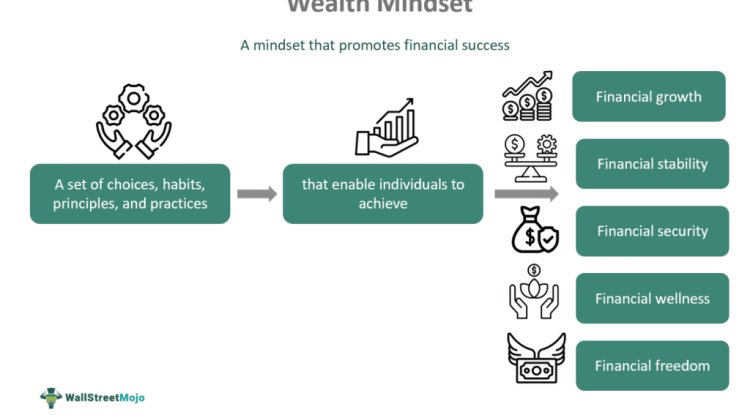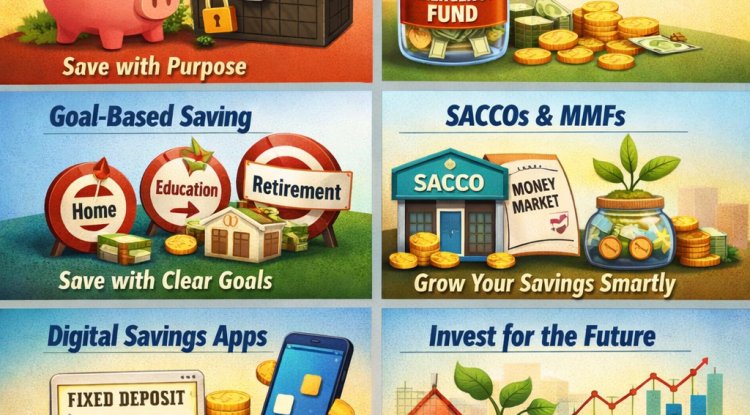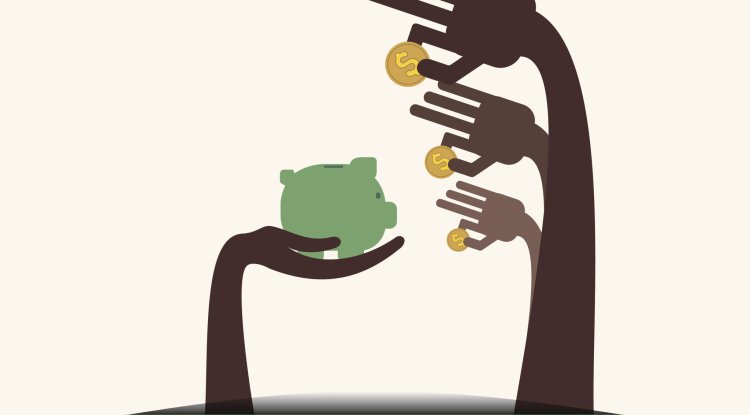Financial Planning and Budgeting Mastery: The Foundation of Financial Freedom
Master financial planning, budgeting, and wealth mindset. Learn biblical principles, practical tools, and proven strategies to achieve financial freedom.
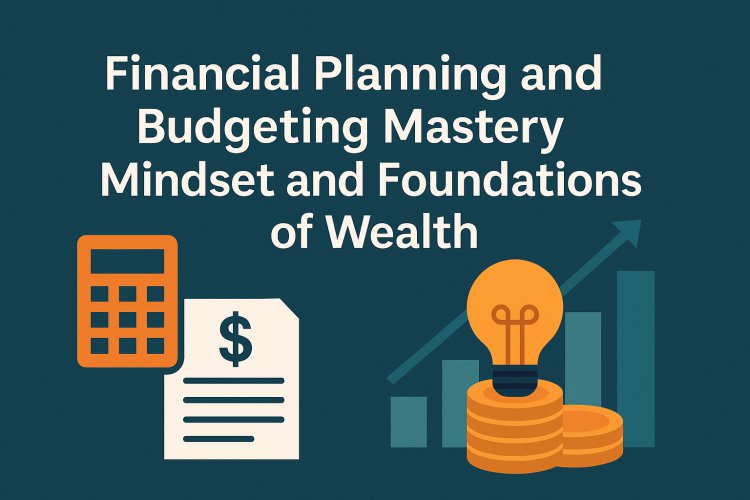
1. Introduction: The Power of Structure in Wealth Building
Every financial success story—from Silicon Valley millionaires to thriving entrepreneurs in Nairobi or Lagos — begins with one timeless truth: money follows structure. Financial planning and budgeting are not just about tracking expenses; they are about controlling the flow of your destiny.
In a world driven by instant gratification and social media comparison, discipline has become the true wealth builder. Whether you earn $200 a week or run a six-figure business, mastering how money enters and leaves your hands determines your financial future.
2. What Is Financial Planning — and Why It Matters
Financial planning is the blueprint for your money. It helps you make informed decisions, set measurable goals, and avoid emotional spending. A good plan answers these key questions:
-
How much money do I make, spend, and save each month?
-
What are my financial priorities — needs, wants, and goals?
-
How do I protect myself from emergencies?
-
How can I grow my income and investments over time?
Financial planning = direction. Without it, even high income leads to chaos. With it, even modest income creates progress.
3. Budgeting: The Backbone of Every Financial Plan
Budgeting is where financial planning becomes reality. Think of it as the GPS for your money — guiding each shilling or dollar toward your goals.
A smart budget is not about restriction; it’s about intention. When done correctly, it gives you freedom, clarity, and peace of mind.
3.1 The 50/30/20 Rule Explained
The classic 50/30/20 rule divides income into:
-
50% Needs: Rent, utilities, food, healthcare
-
30% Wants: Entertainment, travel, lifestyle
-
20% Savings & Investments: Emergency fund, retirement, assets
But in African economies where income levels fluctuate and family responsibilities are higher, this rule must adapt. A more practical version could be:
-
60% Needs
-
25% Investments/Savings
-
15% Wants
The goal is not perfection — it’s progress with purpose.
4. Managing Cashflow Like a CEO
Even billion-dollar companies collapse when cashflow fails. Your personal or business finances are no different.
4.1 Inflows vs. Outflows
-
Inflows: Salary, side hustles, dividends, passive income
-
Outflows: Rent, transport, school fees, groceries, debt payments
You must monitor both with precision. Record every transaction — not to be paranoid, but to be powerful. Awareness precedes control.
4.2 Tools for Tracking Cashflow
-
Notion Template: Great for creatives and entrepreneurs
-
Excel Budget Tracker: Best for traditional record-keeping
-
Apps like YNAB, Mint, Chumz (Kenya), Cowrywise (Nigeria): Automate the process
When you see where your money goes, you reclaim your financial authority.
5. Handling Irregular Income Without Stress
Freelancers, business owners, and commission-based workers often earn unpredictably. But irregular income doesn’t mean irregular planning.
Steps to manage it:
-
Calculate your average monthly income based on the past 6–12 months.
-
Prioritize essentials first (food, rent, transport).
-
Create a “salary” for yourself — a fixed monthly allowance even if you earn more.
-
Build a buffer fund for low-income months.
Financial peace is not found in how much you make — but in how predictably you manage it.
6. Live Budgeting Exercise: Build Your Personal Plan
Let’s create your simple monthly budget:
| Category | Budget (Ksh/USD) | Actual | Difference |
|---|---|---|---|
| Income | 100,000 | ||
| Needs (50%) | 50,000 | ||
| Wants (30%) | 30,000 | ||
| Savings/Investments (20%) | 20,000 |
Adjust these numbers to your real-life situation. Your first version won’t be perfect — but it’s your starting point to freedom.
Mindset and Foundations of Wealth
7. Why Mindset Comes Before Money
Financial success starts in the mind long before it appears in the bank account. Your mindset shapes your habits, and your habits shape your results.
Many people want to be rich, but they subconsciously sabotage themselves through limiting beliefs like:
-
“Money is evil.”
-
“I’m not good with numbers.”
-
“Rich people are greedy.”
Until you heal your money mindset, no amount of budgeting can create lasting wealth.
8. The Psychology of Money
Money is emotional. It reflects your values, fears, and identity.
If you grew up seeing financial struggle, you might have developed a scarcity mindset — always feeling there’s “never enough.” But wealth requires an abundance mindset — believing money flows through you, not just to you.
This is why billionaires often emphasize mindset more than mechanics. It’s not how much you earn; it’s how much you believe you can manage and multiply.
9. Breaking the Scarcity and Poverty Mindset
Scarcity mindset says, “I can’t afford it.”
Wealth mindset says, “How can I afford it?”
Shift from fear-based thinking to possibility-based thinking. In Africa, many still link money with survival, not strategy. But every entrepreneur, investor, or professional must evolve from consumer to creator.
Ask daily:
“What value can I create that people will pay for?”
That is the seed of wealth.
10. Biblical Principles of Stewardship and Wealth
The Bible doesn’t condemn wealth — it commands stewardship. God gives resources for His purpose, not just our pleasure.
Key principles include:
-
Ownership: “The earth is the Lord’s.” (Psalm 24:1)
-
Stewardship: “To whom much is given, much will be required.” (Luke 12:48)
-
Generosity: “It is more blessed to give than to receive.” (Acts 20:35)
-
Multiplication: The parable of the talents (Matthew 25) shows God expects increase, not stagnation.
Faith-based wealth isn’t about greed — it’s about impact.
11. Working for Money vs. Making Money Work for You
There are two kinds of people:
-
Those who work for money
-
Those who make money work for them
The first group trades time for cash. The second group builds systems, assets, and investments that earn even when they sleep. This shift begins with education and intentional investing — not gambling or shortcuts.
Learn, plan, and automate your financial growth. Let your money become your servant, not your master.
12. Purpose-Driven Financial Vision
Money without purpose leads to waste. Before setting financial goals, define your “why.”
Ask yourself:
-
Why do I want financial freedom?
-
What impact do I want to make with my wealth?
-
How will my success serve my family, community, and God’s kingdom?
When your financial vision is purpose-driven, discipline becomes easier — because every sacrifice has meaning.
13. Bonus: How Beliefs Shape Your Financial Destiny
Your beliefs are the invisible steering wheel of your financial journey.
If you believe money is hard to get, it will run from you.
If you believe wealth is your divine assignment, you will attract opportunities.
Faith plus financial wisdom equals unstoppable prosperity.
14. Conclusion: The Path to Financial Mastery
Financial freedom isn’t a one-time event — it’s a journey of structure, mindset, and stewardship.
-
Budget with purpose.
-
Manage cashflow like a CEO.
-
Transform your money mindset.
-
Apply biblical wisdom to your financial strategy.
When you do, you’ll not only build wealth — you’ll build legacy.
Because true wealth isn’t just what you accumulate; it’s what you become in the process.
What's Your Reaction?







